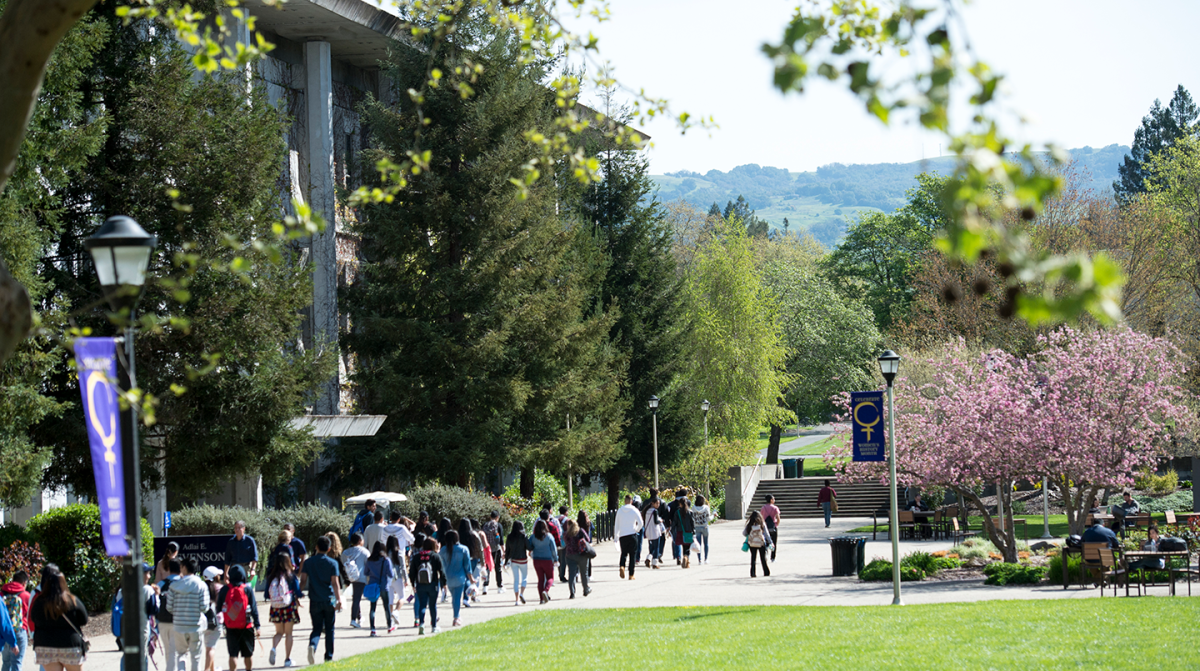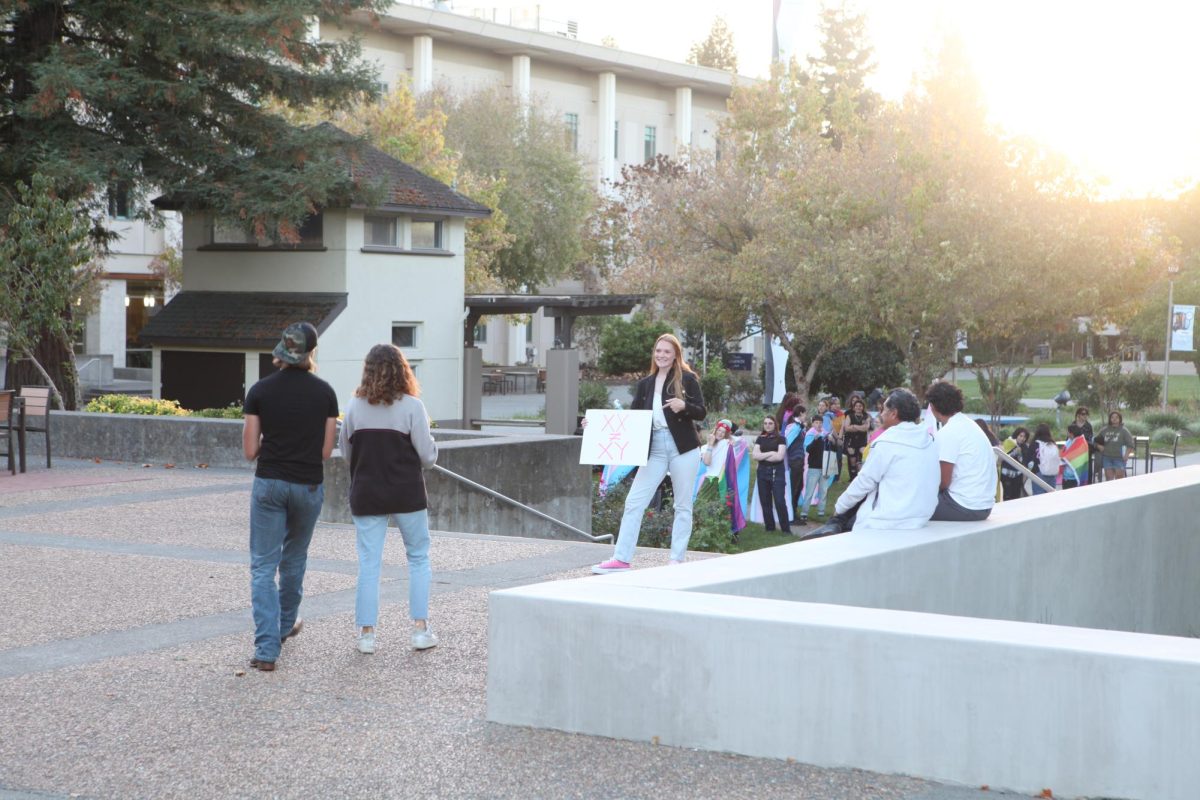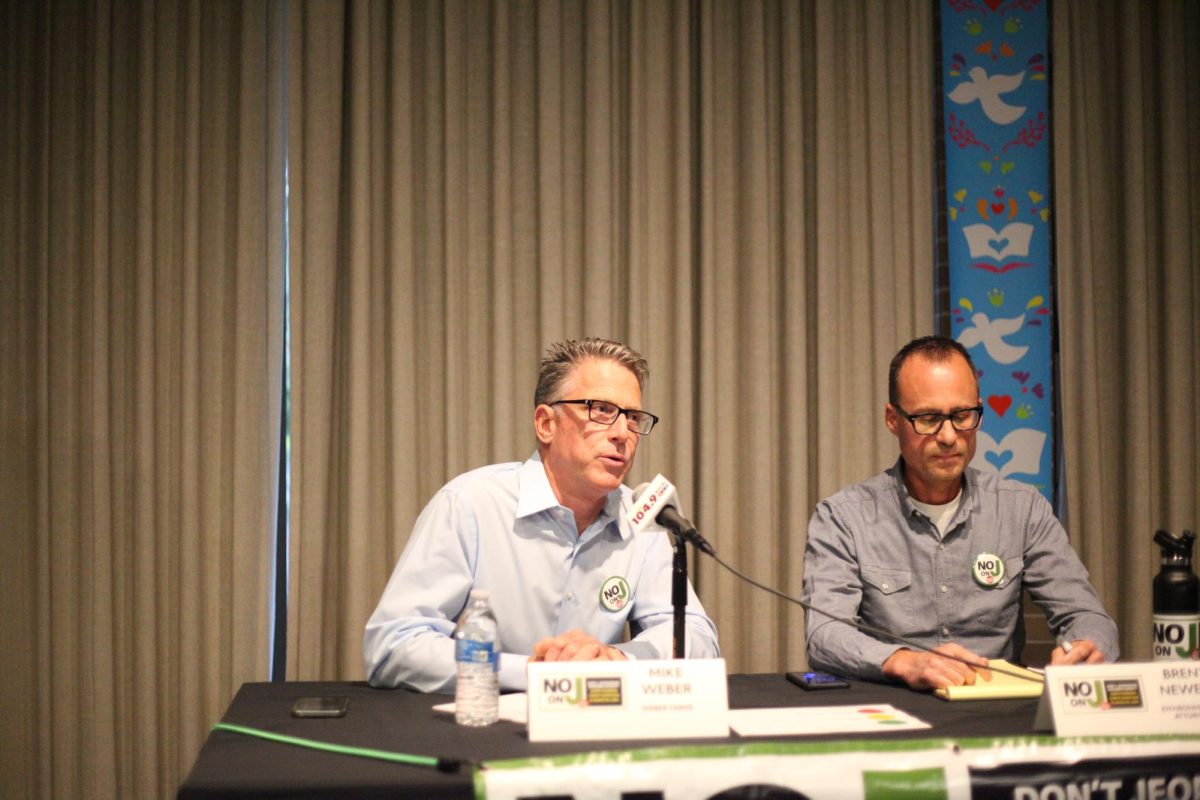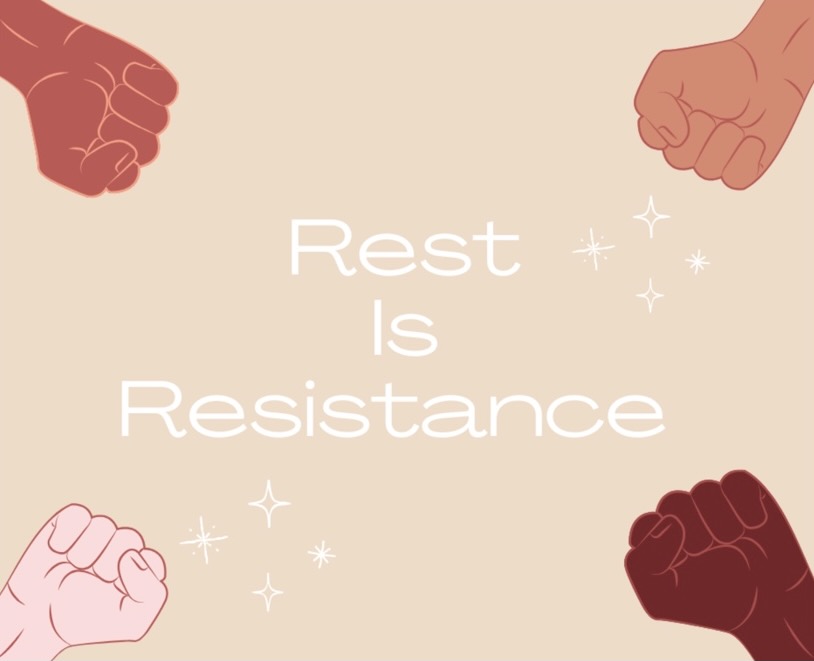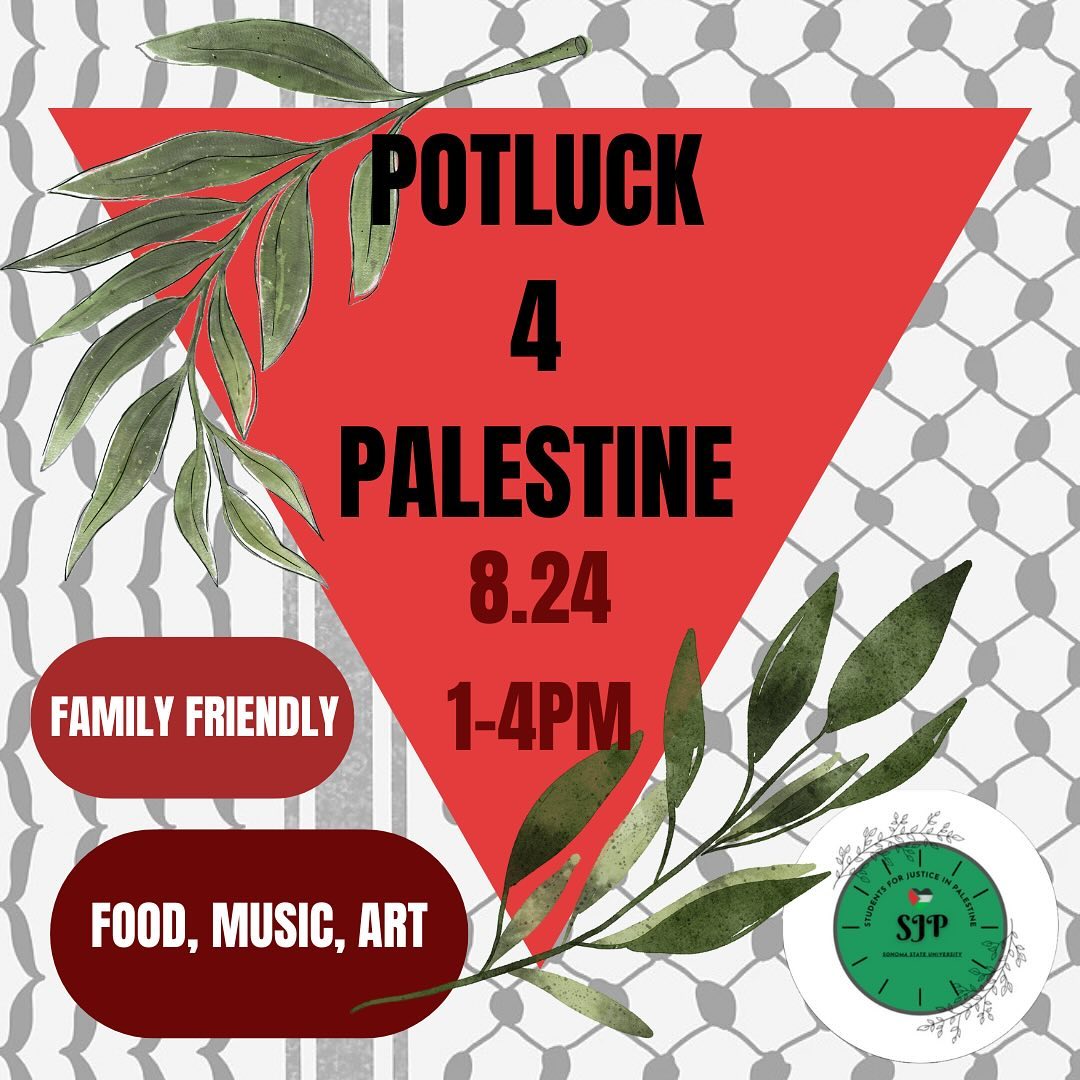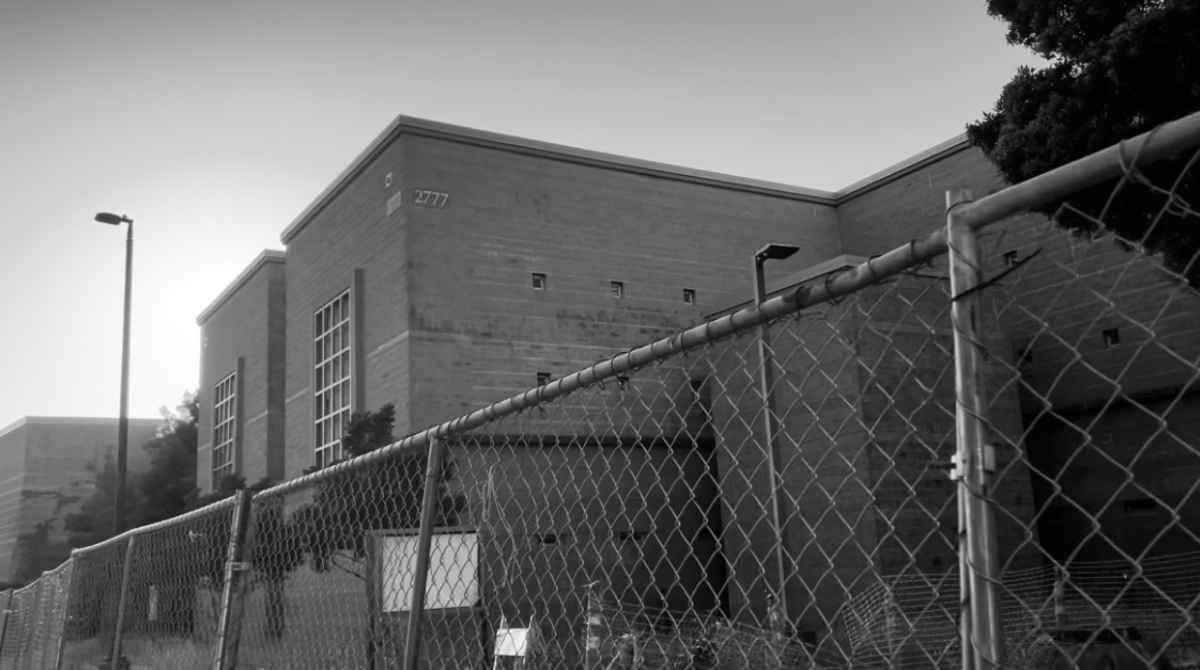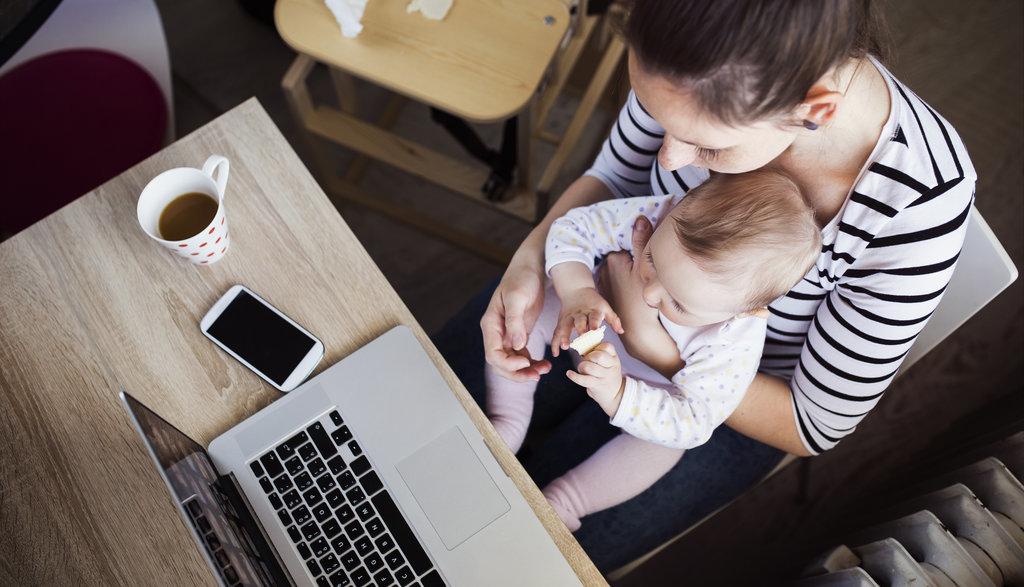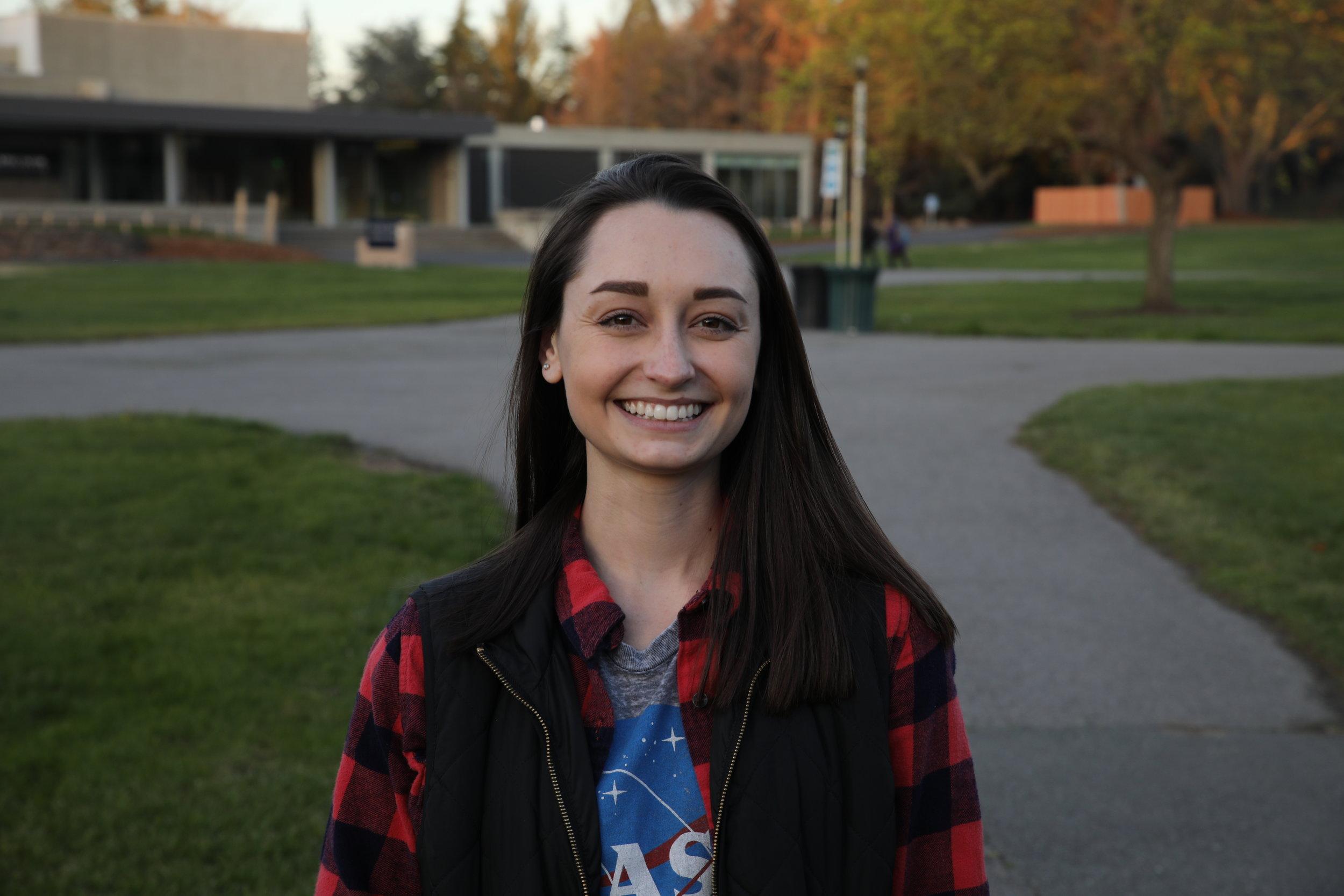Columnist Brooklynn Miller
Are you a mature person, able to take care of yourself? Is this a good time? What could go wrong? Do you make enough money? Are you married?
These questions are just the beginning of what women ask themselves as they decide if they want to have a baby or not. It is no longer an easy decision. Years ago, it seemed like the only important question was “are you married?” Now, that hardly matters.
Based off research by the Center for Disease Control, the New York Times said, “births as of the year ending in September 2017, shows the total fertility rate at 1.77 lifetime births per woman, down 3.8 percent since 2015, and down 16.4 percent since its most recent peak at 2.12 in 2007.” Fertility rate is used in this context to measure how many children a women entering her reproductive years today could expect to have.
There are many reasons as to why there has been a decline in birth in the United States, the most obvious being women just don’t want to. Many women of childbearing ages cannot imagine bringing a child into a world where they can barely financially support their own lives.
How are they supposed to afford a baby as well? Aside from overbearing and extra expenses comes everyone’s favorite topic, the daunting and ever-present cloud of politics.
Jules Barrueco of Glamour said, “I lie here, taking it in, my fears growing faster than my belly… I wonder what will be left—of our democracy, our planet, our tolerance for anyone not a straight, white, Christian male—by the time this fetus becomes a complete person.”
Barrueco’s fears are not only heard by other women, but they are felt. Yet what choice was she left with? By the time Barrueco and her Cuban immigrant husband, Al, decided to have a baby together, the clock was ticking. “For years we put it off,” Barrueco said, “Focused on our law careers, our beloved New York City, our mutual love of a stiff cocktail and an unencumbered life.”
Like thousands of women, Barrueco had used all her get-out-of-baby-jail-free cards, and the last card was on the table: have a baby now, or do not pass go; do not collect $100.
Reasoning and speculation aside, the decline in childbirth may not be a terrible thing. Planet Earth is already crawling with people, too many of whom live impoverished lives, unable to evade hunger, rancid uncleanliness or overwhelming climates. James Hamblin of The Atlantic said it simply, “there is not enough space to house and feed everyone.”
Hamblin did not hesitate to continue when he added, “population growth has us on course for catastrophic famine and war that result from overpopulating a planet that is growing ever less habitable,” and it seems he has a point. If the decline in childbirth is examined from a global perspective instead of a close-up view of the United States, it looks a lot less like a tragedy and more like a blessing.
Potential problems that could arise seem obsolete compared to the reality of the current global population. The New York Times said problems such as, “difficulty meeting Social Security obligations, caring for older people and maintaining economic growth could develop from lower fertility that many might not see coming.”
While these are valid points, one cannot help but wonder; is it time to adjust certain Social Security obligations? If so many of our government programs were created and continue to be in place for the people, why not reevaluate and make changes according to changing times? And as for the care of older people becoming a concern, it’s hard to doubt there will not be enough people who care and want to help.
A woman’s decision not to have a baby is very personal, and every woman has her own, specific reasons. She should not be ridiculed or questioned simply because her interests and priorities lie elsewhere in life.


